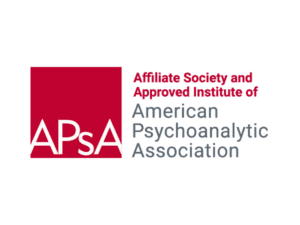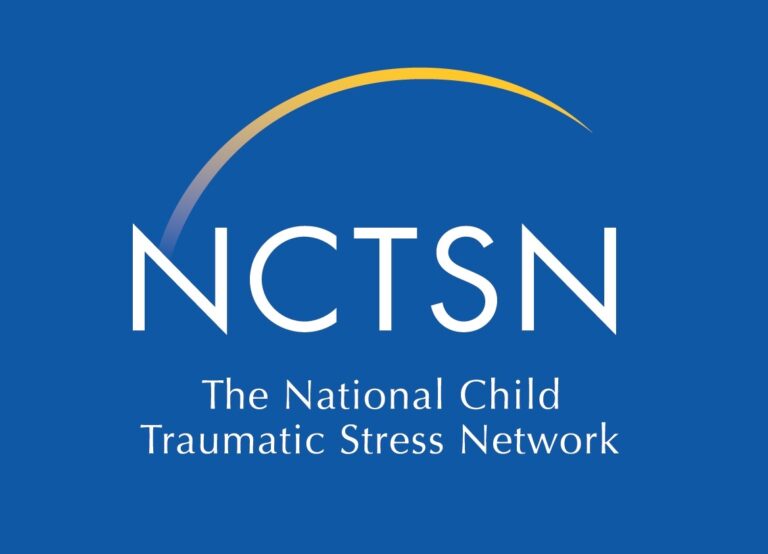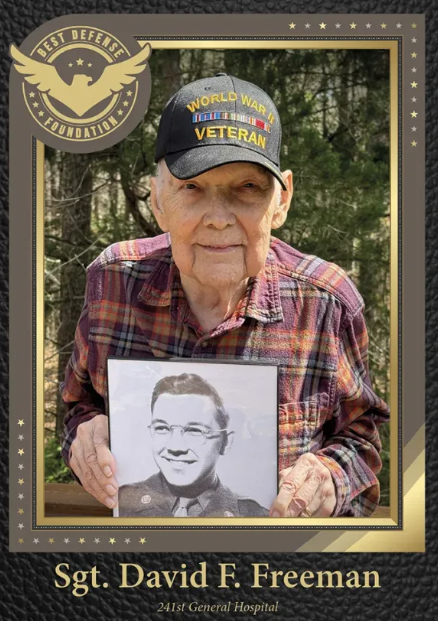APsA Significantly Expands Membership Criteria

On February 3, the American Psychoanalytic Association (now abbreviated as APsA) membership approved the Expanded Membership Bylaw by an 80.1% majority. This amendment opens up membership rights to dues-paying psychotherapists, academics, and those currently in training at APsA affiliate centers. While the details will need to be confirmed in committee nationally, here is an overview for those interested in joining:
Clinical membership is extended (beyond graduate psychoanalysts) to:
- Psychoanalysts-in-training (replaces “candidate member”),
- Psychoanalytic psychotherapists (graduates of APsA psychoanalytic psychotherapy training)
- Psychotherapists-in-training at APsA institutes/centers
- Academics, academics-in-training, researchers, and researchers-in-training
All of the above have APsA voting rights and can be appointed to most APsA committees.
The move came at the APsA annual meeting, attended by David Moore, PhD, who represents the PCC on the APsA board of directors. Also attending the meeting were PCC President Harold Kudler, MD; Pearsall Fellows Xiomara Nieves-Alvarado, MD, and Laura Williams, DO; and matriculated student Christian Reusche, MD.
Moore, who is a psychologist and psychoanalyst, comments that this change makes him more aware that “it takes a village, not to praise psychoanalysis, but to relieve suffering in a sometimes-horrific world.” Warren R. Procci, MD, past president of APsA, says, “This may well bring the most significant changes in APsA’s history.”
Williams offers, “As this was my first APsA meeting, it was great to be around so many great minds in the field and partake in thought-provoking lectures. Within days of returning, I found the lectures I attended relevant to interactions with patients and conversations with colleagues. It was exciting to feel the energy in the room when the amendment for expanded membership passed!”
Reusche reports: “I’ve attended before, and it was interesting having/feeling a ‘wiser’ perspective on the experience, with further comfort and development as an analyst. I recommend anyone to attend meetings in general, as they’ve always been a lively place for curiosity, knowledge, travel, and connections with others from all over.”
PCC Membership Chair John Riley adds: “I welcome this change to provide greater inclusivity for all interested in psychodynamic thought, and I am optimistic that it will provide synergistic energy to the discipline. I’m proud that the PCC was ahead of the curve on this change.”




